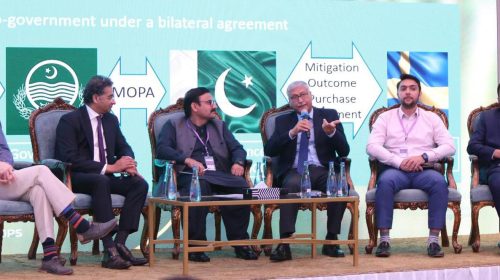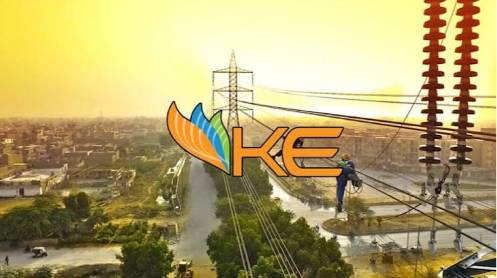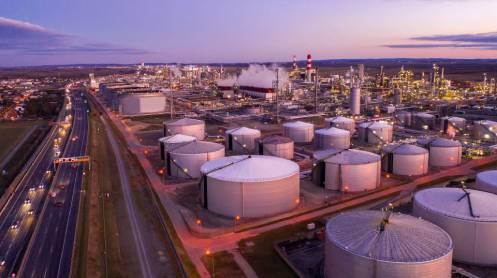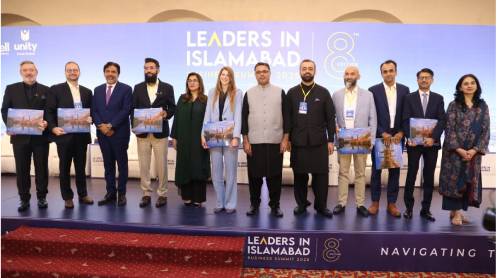Lahore, April 29-30, 2024: An influential workshop concluded today in Lahore, bringing together 75 participants, including top officials from Provincial Planning and Development Departments, CEOs of key waste management companies, and senior managers from national and international banks. The two-day event focused on enhancing carbon finance opportunities and implementing data-driven solutions for solid waste management in Pakistan.
Organized by the Supporting Preparedness for Article 6 Cooperation (SPAR6C) project, which is being implemented by the Global Green Growth Institute (GGGI) and led locally by the UNEP Copenhagen Climate Centre and supported by GFA Consulting, the workshop was held at The Nishat Hotel, Lahore on April 29 and 30.
In his keynote speech, Mr. Jan Kühn von Burgsdorff, First Secretary of the German Embassy to Pakistan, highlighted Pakistan’s significant vulnerabilities due to climate change and the government of Pakistan’s commitment to international collaboration. “The Government of Pakistan is deeply committed to international cooperation in carbon markets,” he stated. “In partnership with SPAR6C and the Ministry of Climate Change and Environmental Coordination, we are actively involved across several key areas, including municipal solid waste, mangroves, efficient cookstoves, and the cement sector.”
Highlighting the urgent need for investment in the waste sector, he noted, “There is an urgent need for investment in this sector, especially in mobilizing the private sector to invest in climate mitigation projects, and that needs clear national rules and procedures to ensure that the proposed Article 6 not only comply with the international rules of the Paris Agreement but also with Pakistan’s policies and strategies for clean and green development.”
In concluding his address, he spoke about the bilateral cooperation between Pakistan and Germany within the SPAR6C program: “The SPAR6C program not only illustrates Germany’s commitment to achieving international climate goals but also exemplifies the opportunities that arise for Pakistan and Germany through close cooperation within the framework of international climate policy.”
Ms. Saba Ali, Environment and Climate Change Chief of the Punjab Development and Planning Board stressed the crucial role of integrated approaches and robust stakeholder engagement in shaping effective waste management strategies in Pakistan. She described the waste workshop as a pivotal step forward, aimed at enhancing local capacities, sparking interest, and attracting investments. “This gathering has significantly advanced our collective knowledge and capabilities, laying a strong foundation for future initiatives,” she noted, underscoring the workshop’s role in driving progress in the sector.
The workshop provided a platform for sharing experiences and discussing challenges in integrating carbon finance into waste management practices. Key topics included exploring carbon market mechanisms, the role of accurate data in supporting environmental compliance, and the potential for emission reductions through innovative projects like the Lakhodair Landfill gas-to-energy initiative.
As Pakistan faces significant environmental challenges with approximately 30 million tons of municipal solid waste and 2.3 billion cubic meters of untreated wastewater annually, this workshop marks a pivotal step towards sustainable waste management solutions and leveraging carbon finance to support these efforts.
The success of the SPAR6C workshop has set the stage for enhanced collaboration and innovation within the waste sector, aligning with global environmental goals and Pakistan’s commitment to reducing greenhouse gas emissions as outlined in its updated NDCs for 2030.





